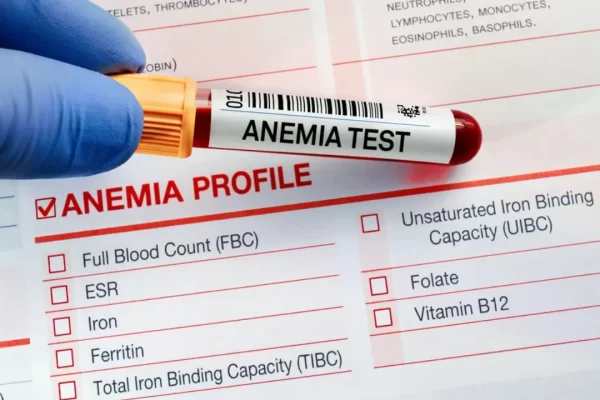Sitting long hours at your desk or performing laborious physical tasks can induce body pain rather easily. You try to loosen up the sore muscles and joints by simple stretching or popping a painkiller. However, if the pain, especially in your shoulder joint, reoccurs and only to be more painful, it could possibly mean you have a frozen shoulder. Frozen shoulder is a condition that usually affects one shoulder and is accompanied with stiffness and pain. Medically known as adhesive capsulitis, it develops gradually and can limit your mobility.
Frozen shoulder restricts you from moving your shoulder to much or at all (in worse cases) which causes the shoulder capsule to thicken up and become tight, making the joint “frozen” in its position. If you let the pain prolong, frozen shoulder could seriously interfere with your routine tasks and encourage bigger problems.
What are the signs of a frozen shoulder?
Women are more affected than men in experiencing a ‘cold’ shoulder from their frozen shoulder. The inflamed and stiff pain usually progresses in 3 phases for you to identify. The three phases begin with:
- The freezing phase
The initial phase is the most painful part. In this phase, the shoulder becomes stiff and any movement can be painfully felt, restricting you to fully move your limb. The lining of your shoulder becomes inflamed and thus causes the severe pain. The pain slowly increases to the next phase, i.e. the “frozen” stage. This phase lasts 6-9 weeks.
- The frozen phase
Here, your shoulder may start to pain less but the stiffness and immobility may remain to show its affects. This happens because the inflammation triggers the shoulder capsule to become thicker and tighter. The frozen stage usually lasts the longest (in terms of discomfort), anywhere from 2-6 months.
You should initiate seeking medical/professional help at this stage.
- The thawing (recovery) phase
During the last phase, your thick capsule and ligaments begin to loosen up. The pain and stiffness slowly improve. Normal strength and ability to move your shoulder and arm returns. This stage takes 6 months to 2 years to fully recover.
What Causes your Shoulder to Freeze in the first place?
It is tough to single out a cause of frozen shoulder. According to doctors, there isn’t any particular reason for this condition, but they suspect your shoulder can “freeze” due to injury, bone fracture which inflames the joint and form scar tissue.
People with medical history of diabetes, thyroid issues, cardiovascular disease or previous surgeries are also susceptible to develop the condition. Froze shoulder is mostly observed in people between the ages of 35 to 65, but of course it can happen to anybody. It takes 2 to 9 months for the condition to develop.
There are many options available to treat your frozen shoulder; from physical therapies, home remedies to surgery. If you feel a sudden pain or stiffness in your shoulder, it is only smart to see an orthopedic as soon as possible.




